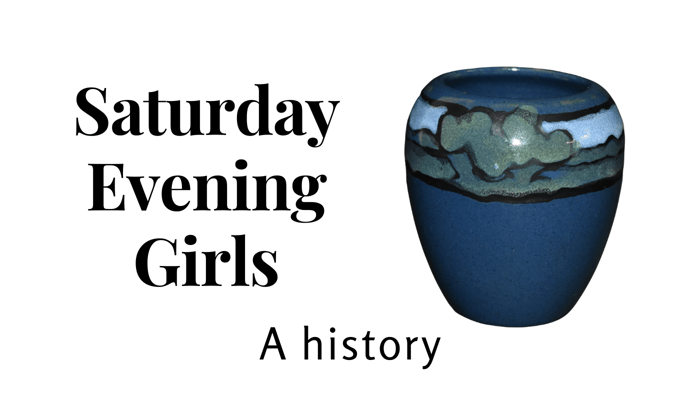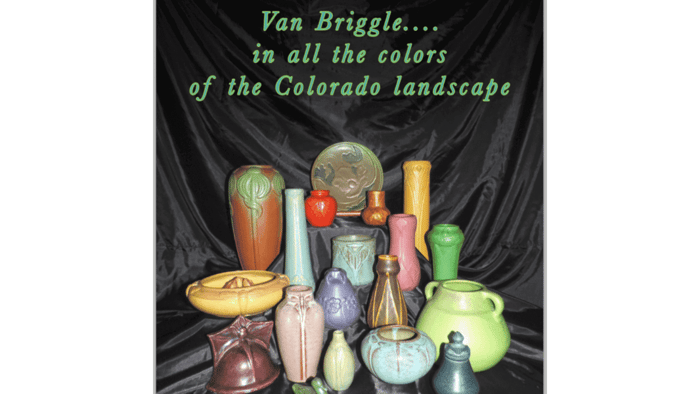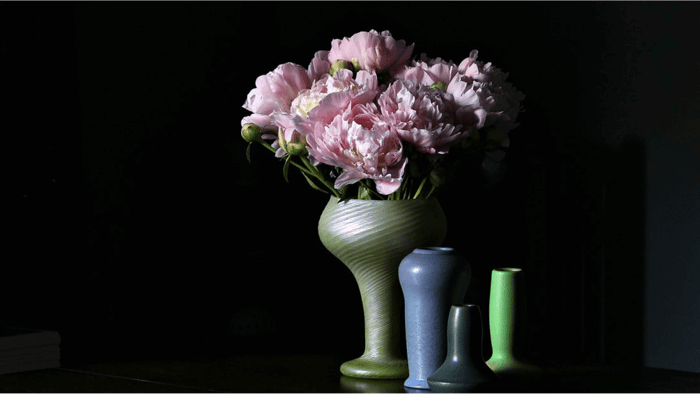Saturday Evening Girls pottery, also known as Paul Revere Pottery, is a unique and collectible type of American art pottery produced by a group of Italian immigrant women in Boston, Massachusetts between 1908 and 1942. This pottery is highly sought after by pottery and art collectors as well as antique and history buffs.
The story of Saturday Evening Girls pottery begins with a social club for immigrant girls in Boston's North End neighborhood. The club was founded in 1899 by a wealthy social worker named Edith Guerrier, who wanted to provide educational and cultural opportunities for young immigrant women. The club met on Saturday evenings, hence the name, and focused on activities such as literature, music, and sewing.
In 1907, a wealthy Boston philanthropist named Helen Osborne Storrow took over the club and transformed it into a pottery-making enterprise. Storrow believed that pottery-making would provide the girls with a useful skill and a way to earn money, and she hired a skilled potter named Sarah Tutt to train them.
Under Tutt's guidance, the girls produced high-quality pottery in a range of styles, including vases, bowls, plates, and tiles. The women marketed the pottery under the name "Paul Revere Pottery." The building in which they created the pottery was near the church where Revere had hung his lantern.

The pottery produced by the Saturday Evening Girls is notable for its simple, elegant designs and muted color palette. The girls drew inspiration from various sources, including Japanese ceramics, Arts and Crafts movement designs, and classical Greek and Roman pottery. They also incorporated elements of their Italian heritage, such as bright colors and decorative motifs.
One of the most popular designs produced by the Saturday Evening Girls was the "tulip" pattern, which featured a stylized tulip in shades of blue or green. This pattern was used on a variety of pieces, including vases, bowls, and plates, and remains highly collectible today.
Despite its success, Paul Revere Pottery struggled financially during the Great Depression and closed its doors in 1942. However, the legacy of the Saturday Evening Girls lives on through the beautiful pottery they produced.





